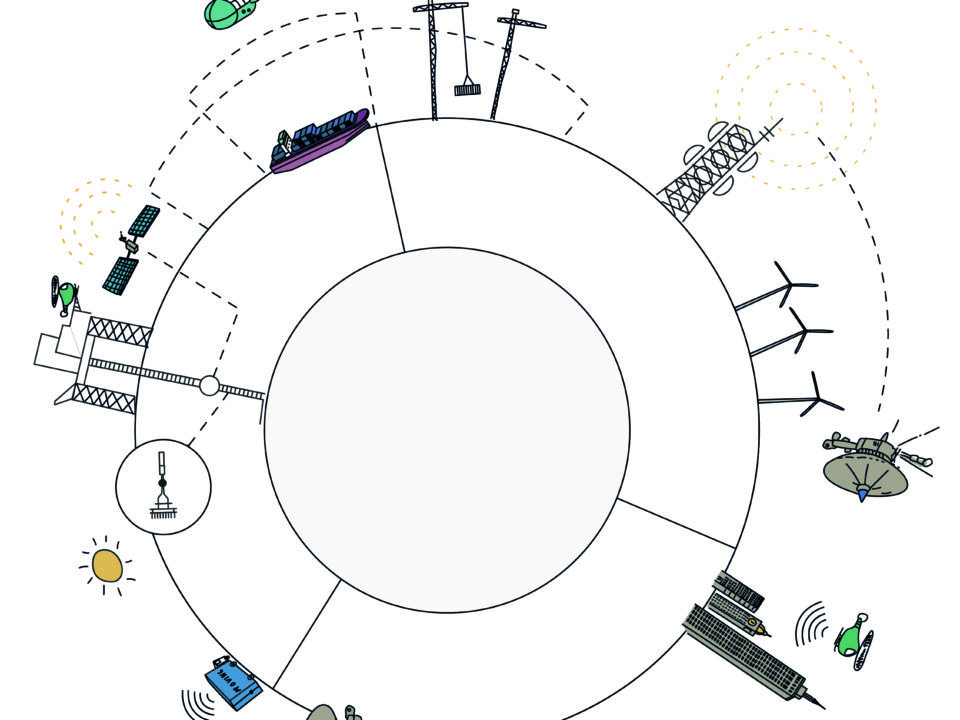Financial Times: The patent troll myth has little basis in fact
Letter from Francisco Mingorance, Brussels, Belgium, 21 January 2020
In “Apple, Microsoft and BMW urge EU to stop patent trolls” (January 16), you report claims by global tech platforms and carmakers that Europe’s patent system is not working properly and that the EU should take action against so-called patent trolls.
Like the Loch Ness monster and the yeti, the European patent troll myth keeps coming around, despite having little basis in fact.
This myth is a calculated attempt to create a false rationale for weakening the patent protections of technology innovators in Europe. The signatories to the letter to the European Commission are engaged in a campaign to change the licensing norms governing their access to the patented technologies underpinning cellular communications standards like 4G and 5G. It could be argued that the true motivation for these claims is an attempt to reduce licensing costs.
The darts-ip study used to back the claims reported in your article represents old data that have been misinterpreted by the authors of the letter. This spin has previously been debunked by independent analysis. IAM’s independent review of the data found that “there is something like a 0.000005% chance of an SME in Europe being sued for patent infringement by a non-practising entity” (ie patent troll) based on recorded levels of activity within the report.
The latest data from Germany show that a problem with abusive litigation does not exist. According to JUVE Patent, 2018 saw a decline of around 17 per cent in patent infringement cases brought before German courts.
Is it worth undermining the European patent system and the open standards model on which our digital innovation ecosystem relies, with knock-on impacts for Europe’s strategic autonomy and technological sovereignty?
Francisco Mingorance
Executive Secretary, IP Europe,
Brussels, Belgium



